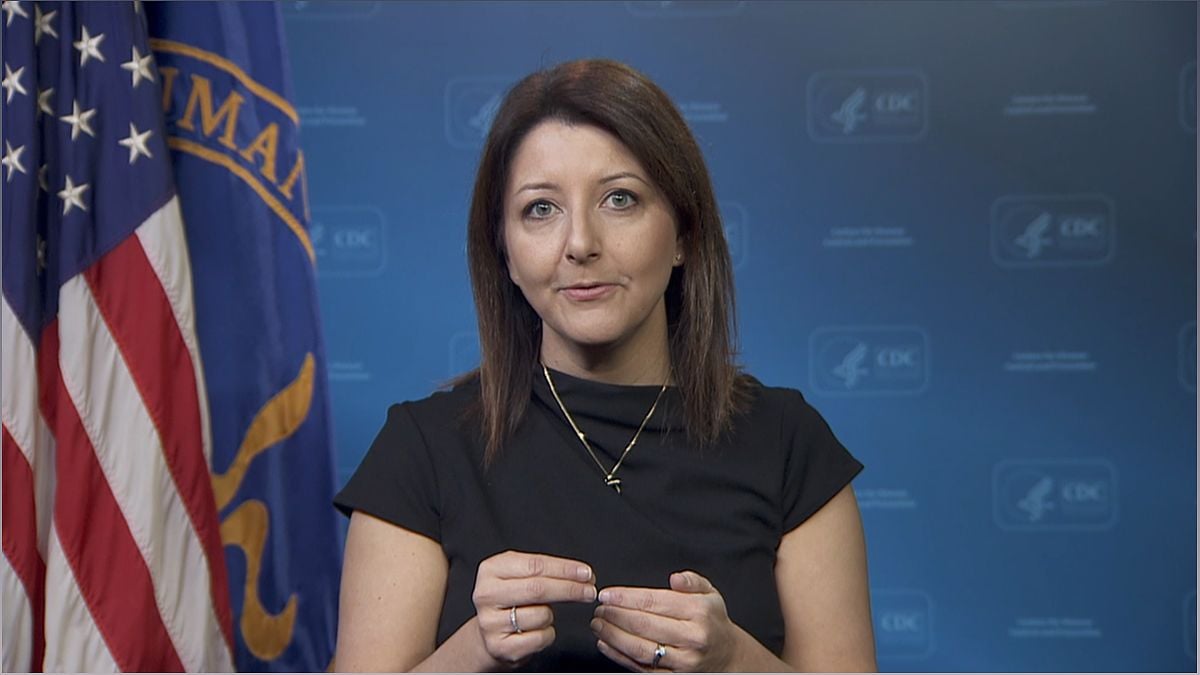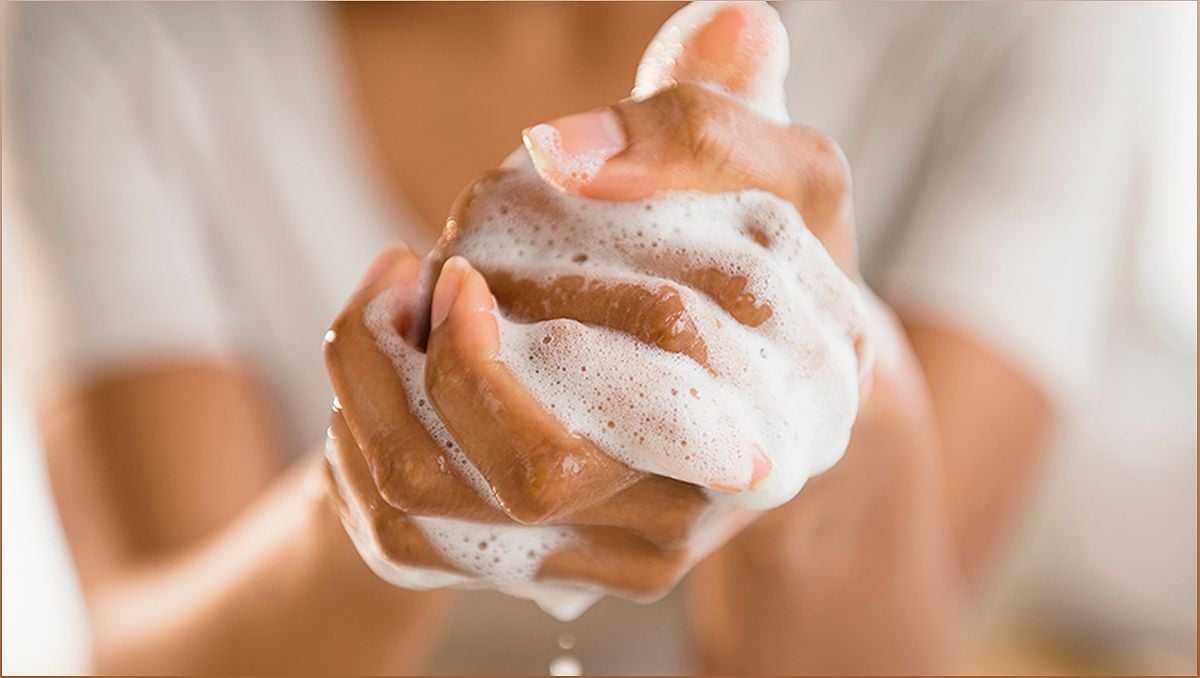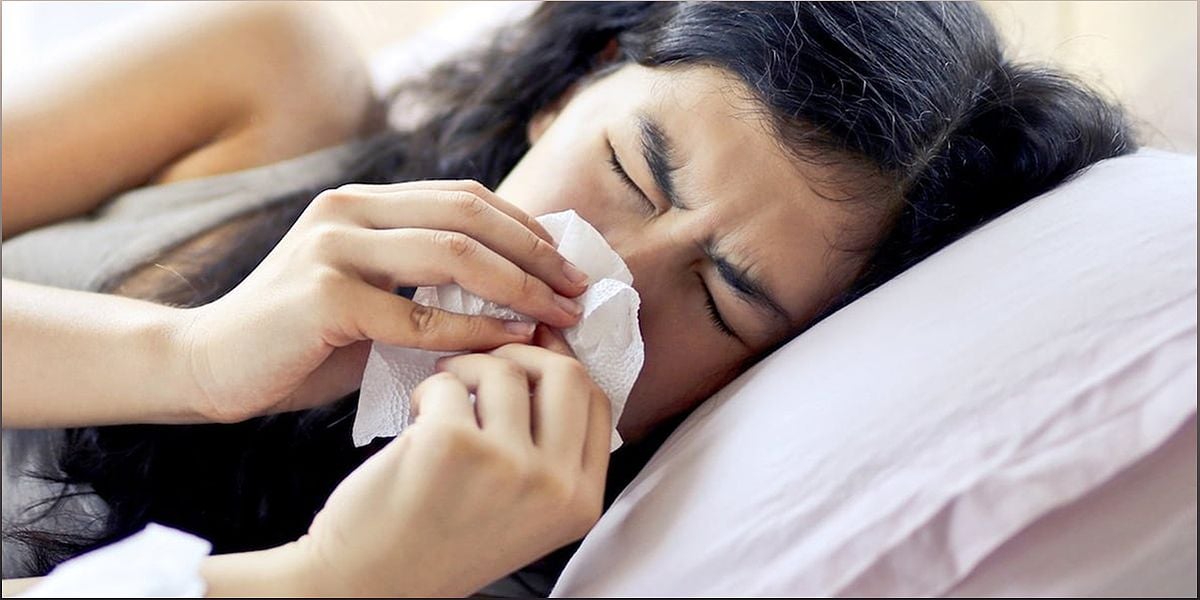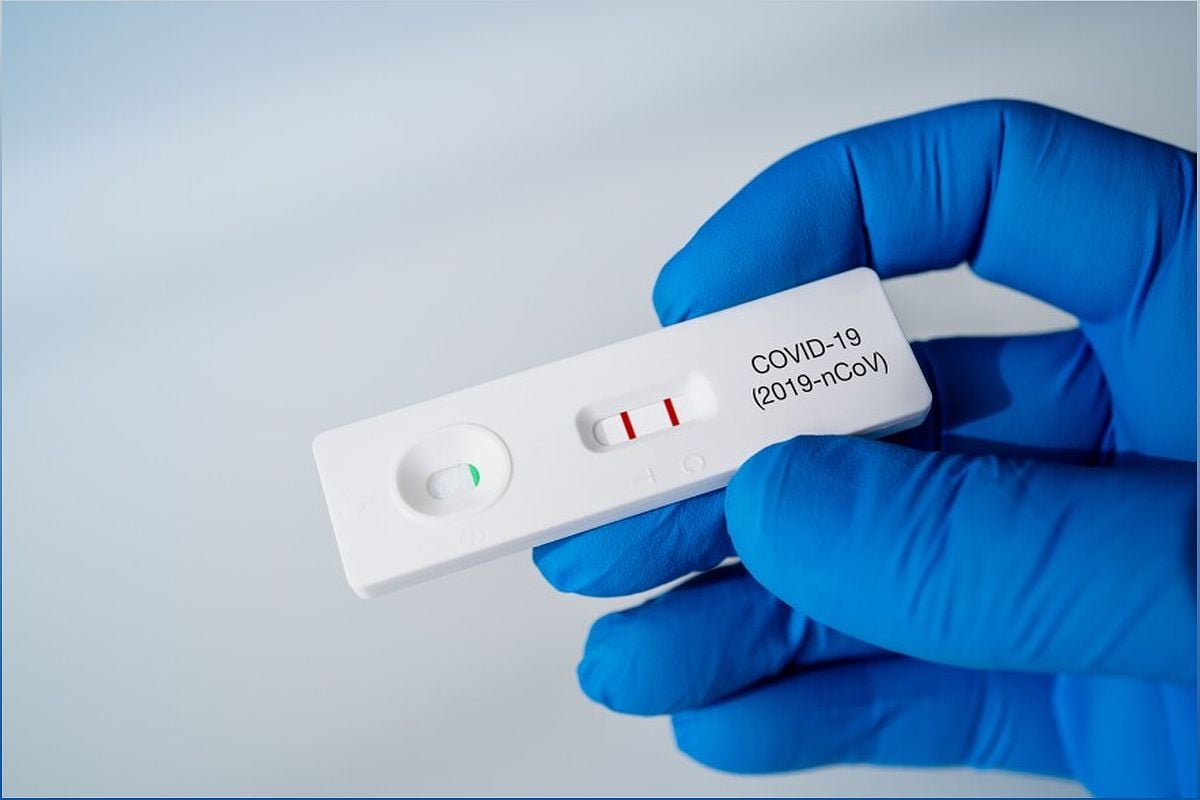What to Do If You Get COVID, Flu, or RSV: Expert Advice from Dr. Mandy Cohen
In this informative article, Dr. Mandy Cohen, director of the Centers for Disease Control and Prevention (CDC), shares expert advice on what steps to take if you find yourself experiencing symptoms of COVID, flu, or RSV. She emphasizes the importance of getting tested to determine the specific virus you’re dealing with and to understand how long you may be contagious. Seeking treatment early on is crucial, especially for seniors, as it can potentially save lives. Dr. Cohen also urges individuals to stay home if they become sick during the holiday season to prevent spreading germs to others. Additionally, she addresses the topic of wearing masks, stating that it is one of many protective measures that can be utilized based on personal risk factors. Finally, Dr. Cohen provides insights into the current respiratory virus season, highlighting that while cases are increasing, it is still within the expected range. She also reassures that COVID variants, although more transmissible, do not appear to be more severe. This article serves as a comprehensive guide for individuals seeking expert advice on managing respiratory viruses during this season.
The Importance of Getting Tested
Getting tested is the first step to take if you suspect you have COVID, flu, or RSV. It helps determine the specific virus you’re dealing with and provides valuable information on how long you may be contagious. Testing also allows you to seek appropriate treatment if needed.

By getting tested, you not only protect yourself but also prevent the spread of the virus to your loved ones and the community. It is an essential measure in controlling the transmission of respiratory viruses.
Seeking Timely Treatment
Treatment options are available for flu, COVID, and pneumonia, but they are most effective when initiated early. It is crucial to seek medical attention promptly if you experience symptoms of these respiratory viruses.

Dr. Mandy Cohen emphasizes that treatment is often underutilized, especially among seniors who are at higher risk. Early treatment can potentially save lives and reduce the severity of the illness.
If you test positive for COVID or flu, you may be eligible for the Home Test to Treat program, which offers free telehealth care and medication delivery to your home. Take advantage of these resources to ensure you receive the necessary treatment.
Staying Home to Prevent Spread
Although it may be challenging, staying home when you’re sick is crucial to prevent the spread of respiratory viruses to others. By isolating yourself, you reduce the risk of infecting your loved ones and the wider community.

The duration of isolation depends on the specific virus you have. If it’s the flu, the CDC recommends staying home for at least 24 hours after your fever subsides. For COVID, the duration varies based on symptoms and severity. Refer to the CDC guidelines for detailed information.
Remember, by staying home, you are playing a vital role in protecting the health and well-being of those around you. It’s a small sacrifice that can make a significant impact.
Understanding the Role of Masks
Dr. Mandy Cohen clarifies that wearing masks is not a mandate but an additional tool to consider in protecting yourself and others from respiratory viruses. It should be used in conjunction with other preventive measures such as good hygiene, outdoor socializing, and vaccination.

Assess your personal risk and the risk of those you interact with to determine if wearing a mask is advisable. Factors to consider include age, underlying medical conditions, crowded environments, and the prevalence of the virus in your area.
Individuals at higher risk are encouraged to prioritize wearing masks as an extra layer of protection. However, those at lower risk can make informed decisions based on their individual circumstances.
Insights into the Respiratory Virus Season
The respiratory virus season is currently in full swing, with cases of RSV, flu, and COVID on the rise. Dr. Mandy Cohen reassures that this is within the expected range for this time of year and does not necessarily indicate a more severe season.
COVID remains the primary driver of hospitalizations and deaths, although flu cases are quickly catching up. While there has been an increase in respiratory virus hospitalizations in China, there is no evidence of a new or novel virus.
COVID variants, such as the JN.1 variant, are more transmissible but do not appear to cause more severe illness. Testing, treatment, and vaccination remain effective in combating these variants.
Tips for Staying Healthy
Dr. Mandy Cohen shares valuable tips to prevent illness and maintain good health. These include washing hands regularly, improving ventilation by opening windows and doors, wearing masks when necessary, maintaining a healthy lifestyle with adequate sleep and a balanced diet, and getting vaccinated.
These measures are essential not only during the respiratory virus season but also for overall well-being. By incorporating these habits into your daily routine, you can protect yourself and others from various illnesses.
